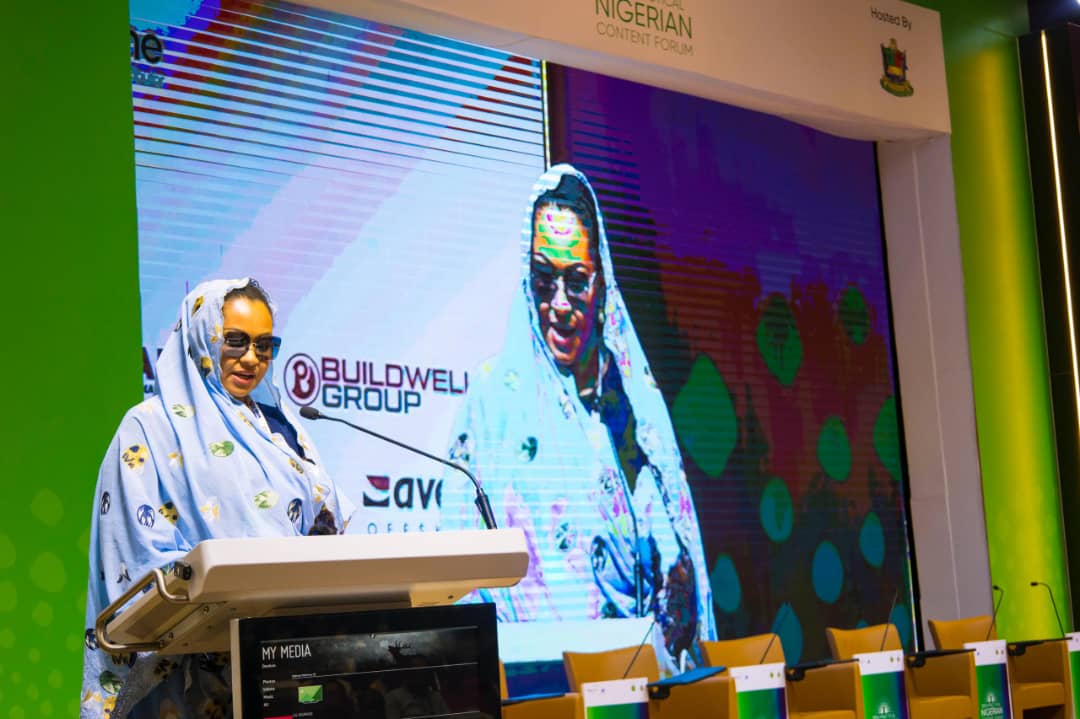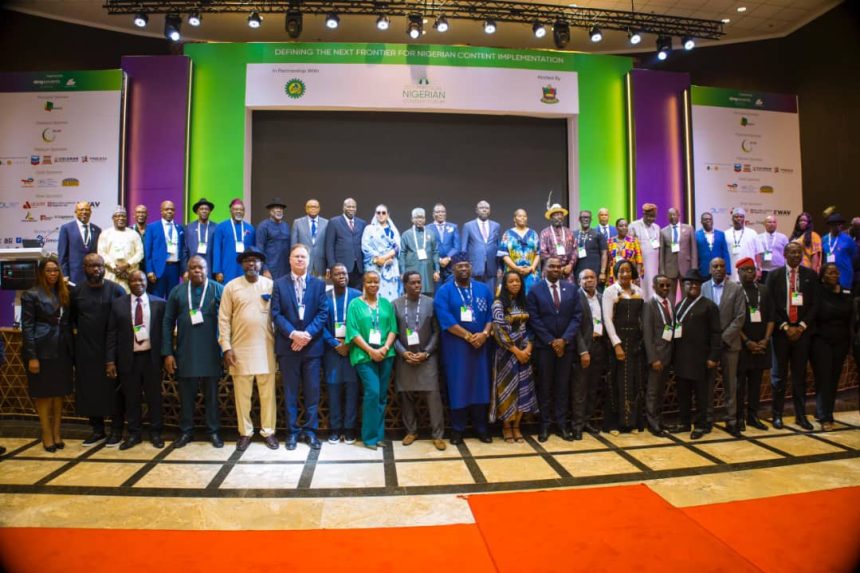From David Onuoja, Abuja
The Chairperson of the Senate Committee on Local Content, Natasha Akpoti-Uduaghan, has announced that efforts to revitalize the Ajaokuta Steel Company will begin in the first quarter of 2025.

In September, Shuaibu Audu, Nigeria’s Minister of Steel Development, signed a Memorandum of Understanding (MoU) with Tyazhpromexport (TPE), the original builders of the Ajaokuta steel plant, for the plant’s rehabilitation, completion, and operation, along with the National Iron Ore Mining Company (NIOMCO).
During her address at the ongoing Practical Nigerian Content Forum, organized by the Nigerian Content Development and Monitoring Board (NCDMB) in Bayelsa State, Akpoti-Uduaghan confirmed that the federal government has identified the primary contractors responsible for the project and that work will soon commence to revive the plant.
She also expressed gratitude to President Muhammadu Buhari for his dedication and political will to ensure the plant’s restoration by reconnecting it with its original builders.
“We are hopeful that by the first quarter of next year, Tyazhpromexport, the original builders, will be on-site to begin the plant’s revitalization,” Akpoti-Uduaghan stated. “This marks a significant step in positioning Nigeria to produce essential machinery and components for the oil and gas industry.”
The senator also highlighted the high costs involved in deep-water oil operations, mentioning that rigs required for such operations can cost anywhere from $10 million to $25 million.
She also emphasised the need to redefine Nigerian content for national development.
Senator Akpoti-Uduaghan stressed the need for Nigeria to look beyond capacity building to unlock its full potential and claim its place on the global stage.
According to her,Nigerian content implementation must encompass innovation, sustainability, collaboration, and market expansion to drive a holistic transformation across sectors.
“For decades, Nigerian content has been synonymous with the development of local capacity in the Oil and Gas sector. We have emphasised skills acquisition, education, and infrastructural development, and rightly so. These efforts have laid a solid foundation. However, to unlock Nigeria’s full potential and claim our place on the global stage, we must now look beyond capacity building.
“Today, I invite us to broaden our perspective and consider how Nigerian content implementation can encompass innovation, sustainability, collaboration, and market expansion to drive a holistic transformation across sectors,” she further added.






